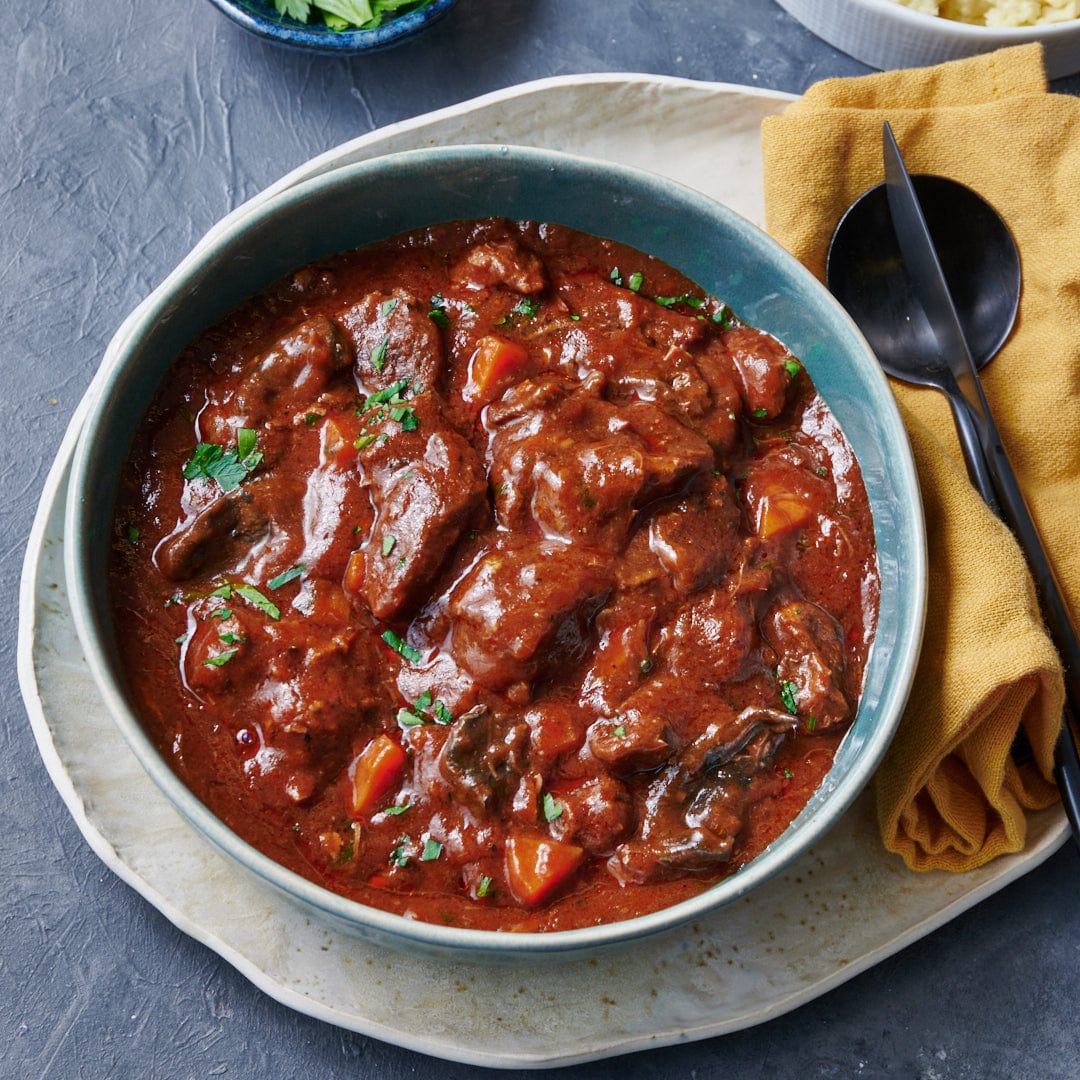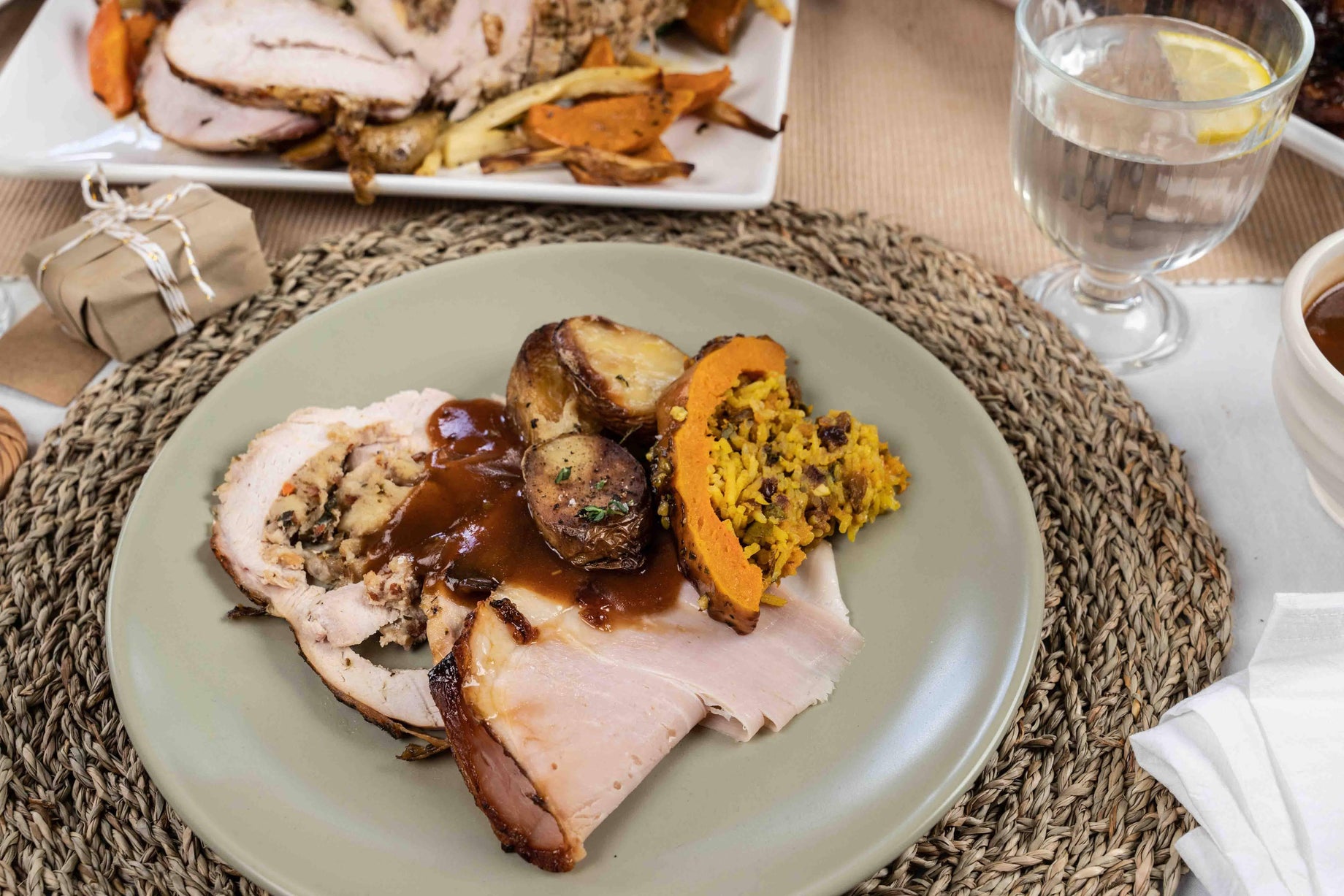The average burger will have 266 calories, around 10g of saturated fat, 30.3g of carbohydrates, and 396 mg of sodium. These figures come from the team of researchers at the United States Department of Agriculture who analyzed the nutritional facts of a single ground beef burger patty on a white roll with no condiments. This large amount of sodium and saturated fat in a single burger sandwich makes the burger unhealthy. Since consuming a large amount of fat and sodium can negatively affect the cardiovascular system, it causes doctors and health-conscious people to assume that all burgers are unhealthy. There is no denying that eating large amounts of fat and sodium every day can lead to health problems. But are all burgers bad for you?
Burgers Claim Their Place in Healthy Eating Plans.
Although many health-conscious food lovers give burgers a bad rap for contributing empty calories without nutritional value to our bodies, that is no longer true. Chefs have reinvented the humble burger and devised a healthier option known as the gourmet burger. A gourmet burger has a fresh homemade patty, not one of those mass-produced, frozen ones. It may include a freshly baked bun, and most of the time, it is laden with fresh vegetables that add taste and nutritional value to the dish. The nutritional facts of a gourmet burger show that it can easily become a part of a healthy diet. There are more nutrients and fewer calories in gourmet burgers than in a regular one if done right.
Healthy Burgers For All.
Since ground beef is most often used to make the burger patty, let us examine ways to make this burger component healthier.
Even though beef provides plenty of protein, iron, and phosphorus, which are healthy, it also is the main source of saturated fat that clogs the arteries and adversely affects cardiac health.
Simply replacing the beef patty with a protein source containing less saturated fat like chicken or the extra lean protein source, turkey, will make the hamburger healthier.
If you don't want to forgo the beef, try mixing it with healthy grains like quinoa or bulgur wheat that will bulk up and bind your patty while reducing its saturated fat content.
The other offender, the bun, is the main source of simple carbohydrates in your burger. Once eaten, simple carbohydrates turn directly into sugar as soon as they hit your digestive tract, spiking blood sugar levels. After you eat a meal with loads of simple carbohydrates, the blood sugar increases sharply and then plummets, leaving you hungry for more food. Continuously high blood sugar levels can lead to insulin resistance and diabetes.
To prevent a burger spiking blood sugar levels, substitute the white flour bun with a homemade whole wheat or rye flour bun. If you are making a gourmet burger yourself, you control the ingredients that go into the bun, and it is easy to make a healthier option and reduce calories in a gourmet burger.
To amplify the nutritional facts of a gourmet burger while at the same time reducing the number of its calories, add loads of veggies as toppings. Crunchy onions and peppers, juicy tomatoes, and mushrooms, or green spinach will make great substitutes for the normal condiments like tomato sauce or mayonnaise on your burger. The burger will taste better, and the vitamins and minerals derived from the vegetables will turn the burger from unhealthy fast food into a health-enriching meal.
Calories in Gourmet Burger Are No Longer Empty.
When comparing the standard burger calories to gourmet burger calories, the nutritional facts of a gourmet burger show that even though the number of calories is the same in both burgers, the gourmet burger delivers far more vitamins and minerals, making it a healthier option. Consuming calories in gourmet burgers provides the body with the necessary vitamins and minerals to thrive. In other words, by substituting the ingredients that may be harmful to our health with beneficial ones to our well-being, a fast food meal perceived as junk food has turned into healthy diet food.
To Sum Up
The high amount of saturated fat, simple carbohydrates, and sodium makes the standard burger unhealthy. You control what goes into the burger meal by making the patty yourself and even baking your buns (if you like). By substituting some unhealthy elements with healthy choices, the meal's nutritional value increases






